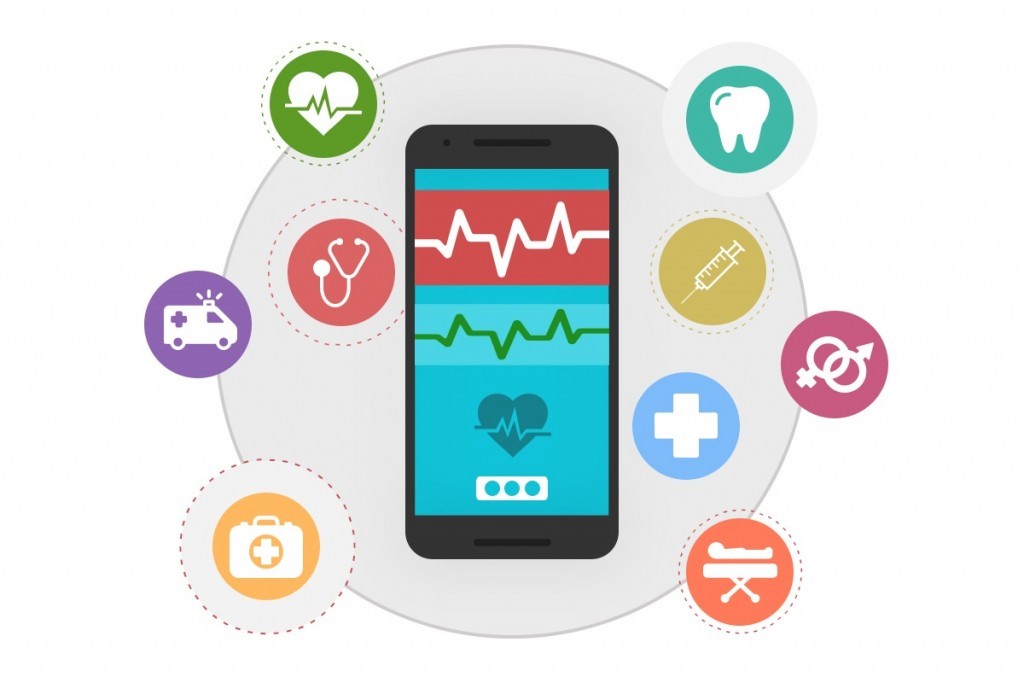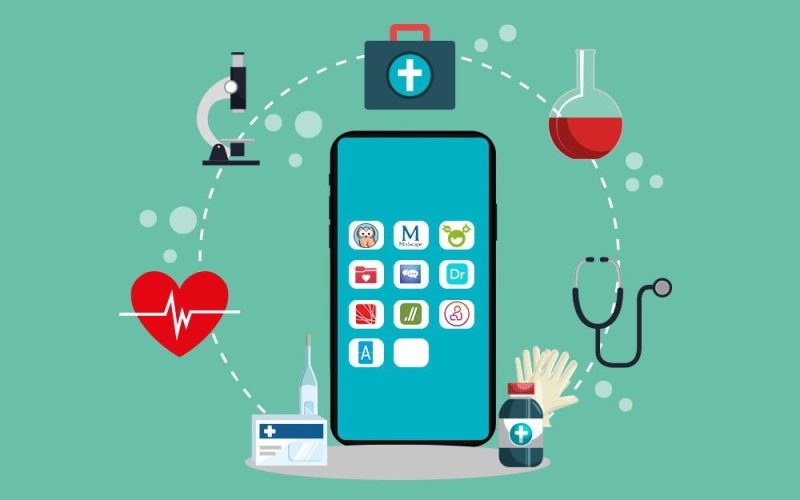In recent years, the digital health landscape has been revolutionized by the rapid proliferation of mobile health apps. These applications, designed to assist users in managing their health and wellness, have become an integral part of everyday life for many individuals. The growth of mobile health apps is not just a fleeting trend but a significant shift in how healthcare is delivered and consumed. This article explores the key trends driving the expansion of mobile health apps and their transformative impact on healthcare.
The Rise of Mobile Health Apps
Mobile health apps, or mHealth apps, encompass a wide range of functionalities, from fitness tracking and diet planning to chronic disease management and telemedicine services. According to a report by Grand View Research, the global mHealth app market size was valued at USD 40.05 billion in 2020 and is expected to expand at a compound annual growth rate (CAGR) of 17.7% from 2021 to 2028. This growth is fueled by several factors, including the increasing penetration of smartphones, advancements in mobile technology, and a growing awareness of health and wellness.
Key Trends in Mobile Health Apps
Integration with Wearable Devices
One of the most significant trends in the mobile health app industry is the integration with wearable devices. Wearables, such as smartwatches and fitness trackers, collect a wealth of health-related data, including heart rate, steps taken, sleep patterns, and more. Mobile health apps can sync with these devices to provide users with a comprehensive view of their health metrics. This seamless integration allows for real-time monitoring and personalized health insights, making it easier for users to track their progress and make informed decisions about their health.
Telemedicine and Remote Monitoring
The COVID-19 pandemic has accelerated the adoption of telemedicine and remote monitoring solutions. Mobile health apps have played a crucial role in this shift, enabling patients to consult with healthcare providers from the comfort of their homes. Telemedicine apps offer video consultations, prescription management, and follow-up care, reducing the need for in-person visits. Additionally, remote monitoring apps allow healthcare providers to track patients’ vital signs and health conditions remotely, ensuring timely intervention and continuous care.

Artificial Intelligence and Machine Learning
Artificial intelligence (AI) and machine learning (ML) are transforming mobile health apps by enabling more accurate and personalized health recommendations. AI-powered apps can analyze vast amounts of data to identify patterns and predict health outcomes. For example, AI algorithms can detect early signs of chronic diseases, such as diabetes or hypertension, and provide users with tailored advice to manage their conditions. Machine learning models can also enhance the accuracy of diagnostic tools, making mobile health apps more reliable and effective.
Mental Health and Wellbeing
Mental health and wellbeing have become a focal point for mobile health app developers. With rising awareness about mental health issues, there is a growing demand for apps that offer support and resources for managing stress, anxiety, depression, and other mental health conditions. These apps provide features such as guided meditation, cognitive-behavioral therapy (CBT) exercises, mood tracking, and virtual counseling. By making mental health resources more accessible, mobile health apps are helping to reduce stigma and promote mental wellness.
Personalized Health and Nutrition
Personalization is a key trend in the mobile health app market. Users are increasingly seeking apps that offer tailored health and nutrition plans based on their individual needs and preferences. Mobile health apps leverage user data, such as age, weight, activity level, and dietary habits, to create customized fitness routines, meal plans, and wellness tips. This personalized approach enhances user engagement and motivation, leading to better health outcomes.
Blockchain for Data Security
Data security and privacy are paramount concerns in the mobile health app industry. With the increasing amount of sensitive health data being collected and stored, there is a growing need for robust security measures. Blockchain technology offers a promising solution by providing a decentralized and tamper-proof system for data storage and sharing. Mobile health apps that incorporate blockchain can ensure the integrity and confidentiality of user data, building trust and confidence among users.
Gamification and User Engagement
Gamification is another trend that is gaining traction in the mobile health app market. By incorporating game-like elements, such as rewards, challenges, and leaderboards, apps can make health management more engaging and enjoyable. Gamification motivates users to achieve their health goals by providing a sense of accomplishment and competition. This trend is particularly effective in fitness and wellness apps, where users can track their progress and earn rewards for reaching milestones.

Regulatory Compliance and Standards
As the mobile health app market continues to grow, regulatory compliance and adherence to industry standards are becoming increasingly important. Regulatory bodies, such as the U.S. Food and Drug Administration (FDA) and the European Medicines Agency (EMA), are establishing guidelines for the development and use of mobile health apps. Compliance with these regulations ensures that apps meet safety and efficacy standards, protecting users and enhancing the credibility of the app market.
Global Reach and Accessibility
The global reach and accessibility of mobile health apps are expanding, driven by the widespread adoption of smartphones and internet connectivity. Mobile health apps are breaking down geographical barriers, providing access to healthcare resources in remote and underserved areas. This trend is particularly significant in developing countries, where healthcare infrastructure may be limited. By offering affordable and scalable solutions, mobile health apps are democratizing healthcare and improving health outcomes worldwide.
The Future of Mobile Health Apps
The future of mobile health apps looks promising, with continued advancements in technology and increasing user adoption. As the market evolves, we can expect to see more innovative features and functionalities that enhance user experience and improve health outcomes. The integration of emerging technologies, such as 5G, augmented reality (AR), and virtual reality (VR), will further expand the possibilities for mobile health apps.
Moreover, collaboration between app developers, healthcare providers, and regulatory bodies will be crucial in shaping the future of the mobile health app industry. By working together, stakeholders can ensure that mobile health apps are safe, effective, and accessible to all users.
Conclusion
The growth of mobile health apps is a testament to the transformative power of technology in healthcare. These apps are empowering individuals to take control of their health and wellness, providing personalized and accessible solutions for a wide range of health needs. The key trends driving this growth, including integration with wearables, telemedicine, AI, mental health support, personalization, blockchain, gamification, regulatory compliance, and global reach, are shaping the future of healthcare delivery.
As mobile health apps continue to evolve, they hold the potential to revolutionize the healthcare industry, making healthcare more proactive, patient-centered, and data-driven. Whether you are a healthcare provider, a developer, or a user, staying informed about these trends is essential to harness the full potential of mobile health apps and contribute to a healthier future.












